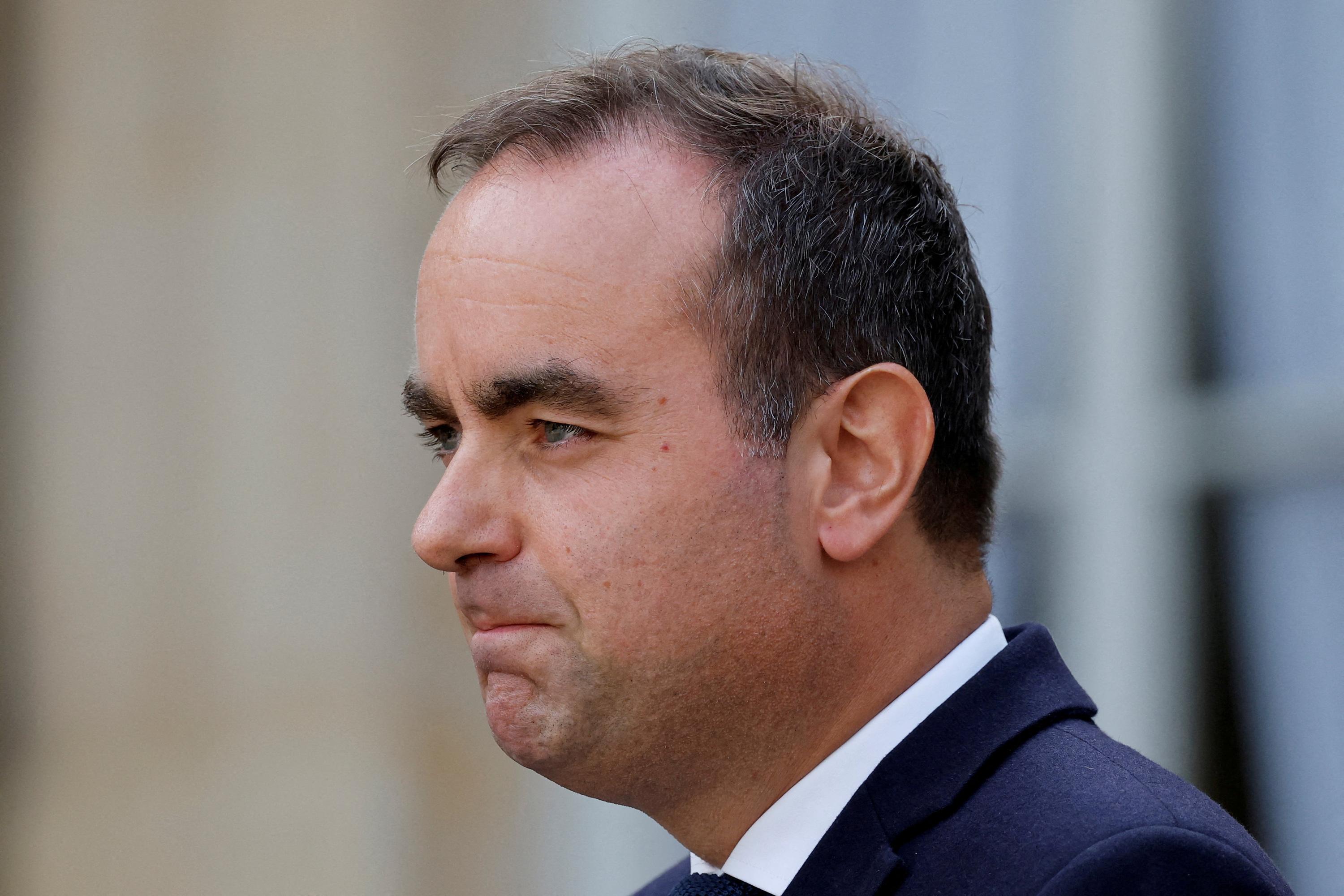French Government Proposes Tax Cuts Amid Union Mobilization Over Austerity
The French government proposes tax cuts to boost purchasing power amid declining union strike participation.
- • Sébastien Lecornu explores tax exemptions and reductions for low-income couples.
- • Strike participation among teachers significantly declined on October 2.
- • Calls for increased mobilization against budget austerity persist among unions.
- • Macron bonus reintroduction is being considered to further support purchasing power.
Key details
As unions continue to protest against austerity measures, the French government, led by Prime Minister Sébastien Lecornu, is exploring various policy proposals aimed at enhancing the purchasing power of citizens. On October 2, Lecornu's office revealed plans for tax exemptions on overtime work and reductions in income tax for low-income couples. Additionally, there is consideration for reintroducing the Macron bonus, which allows for tax and social contribution exemptions, according to reports. These initiatives come as France grapples with ongoing labor strikes, particularly in the education sector, where participation has decreased significantly compared to previous actions.
On the same day, strike participation among teachers fell to 6.42%, down from 17.06% on September 18, reflecting a lack of engagement despite calls for greater mobilization against austerity by unions like Snes-FSU. The union reported a 27% strike rate in secondary schools, a notable decline from prior protests. Despite decreased participation, underlying tensions concerning budget cuts and their impact on education and public services remain contentious. The government emphasizes that the ability to sustain an adequate standard of living is one of the primary concerns for the French populace as they navigate these challenging economic conditions.
This article was translated and synthesized from French sources, providing English-speaking readers with local perspectives.
Source articles (2)
Source comparison
Latest news
France Returns the Djidji Ayôkwé Talking Drum to Côte d'Ivoire After Over a Century
Record 37 Days of Rain Triggers Ongoing Severe Flooding in Western France
Political Divisions and Social Tensions Intensify Following Quentin Deranque’s Death in Lyon
French Economy Minister Calls for Full Insurance Industry Mobilization Amid Devastating Storm Floods
France Boosts Social and Solidarity Economy with New Tools and Potential Tax Reforms in 2026
Saint-Nazaire Mayor Condemns Vandalism of Two Political Offices as Attack on Democracy
The top news stories in France
Delivered straight to your inbox each morning.

